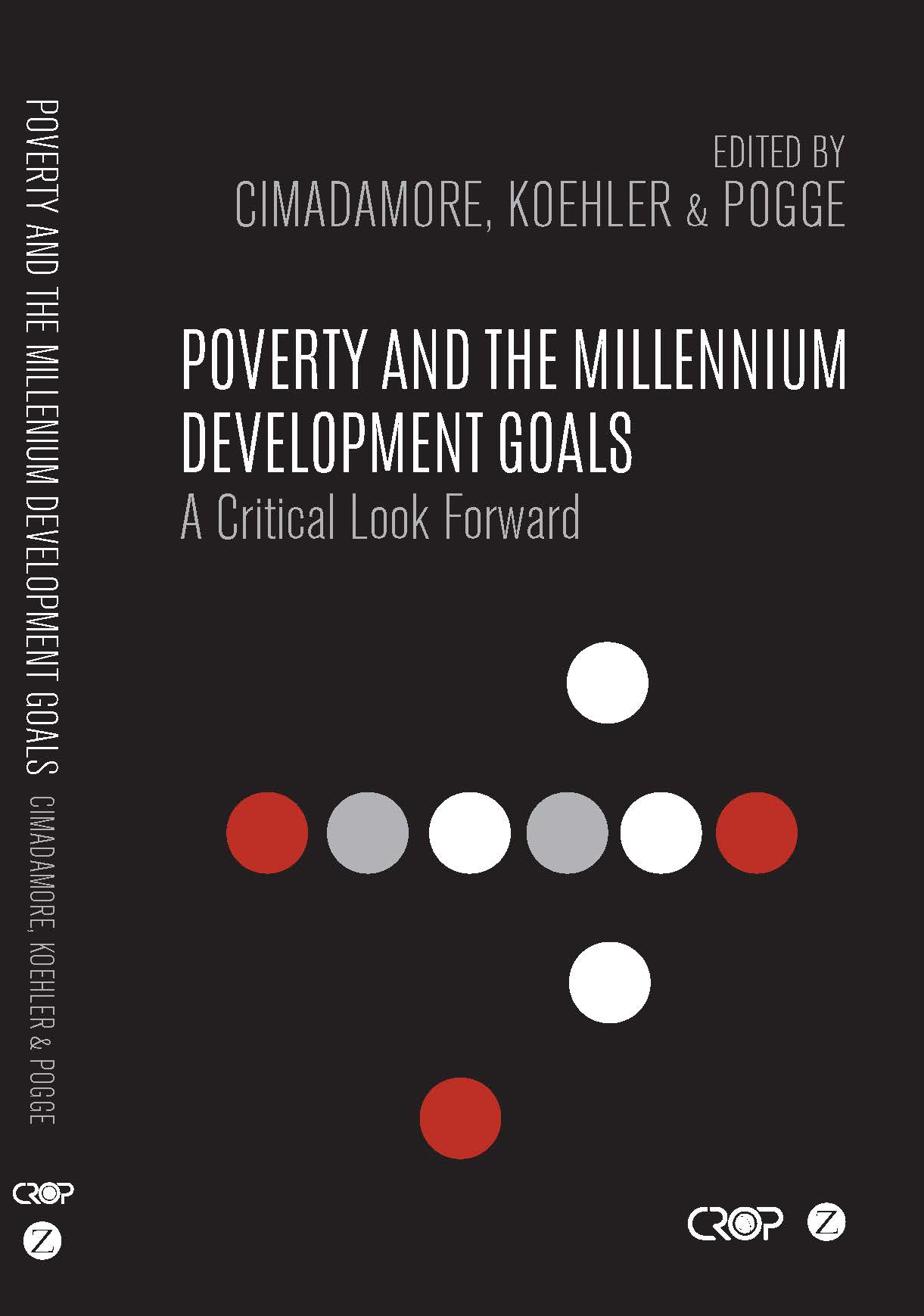| dc.contributor.author | Cimadamore, Alberto D. | |
| dc.contributor.author | Koehler, Gabriele | |
| dc.contributor.author | Pogge, Thomas | |
| dc.contributor.author | Sundaram, Jomo Kvame | |
| dc.contributor.author | Rogers, Deborah S. | |
| dc.contributor.author | Balázs, Bálint | |
| dc.contributor.author | Ivanova, Maria | |
| dc.contributor.author | Escobar-Pemberthy, Natalia | |
| dc.contributor.author | Paes-Sousa, Rômulo | |
| dc.contributor.author | Jannuzzi, Paolo de Martino | |
| dc.contributor.author | Montes, Manuel F. | |
| dc.contributor.author | Campos, Thana | |
| dc.contributor.author | Duarte, Clarice | |
| dc.contributor.author | Soares, Inês Virginia | |
| dc.contributor.author | Boltvinik, Julio | |
| dc.contributor.author | Damián, Araceli | |
| dc.contributor.author | Deacon, Bob | |
| dc.contributor.editor | Cimadamore, Alberto D. | |
| dc.contributor.editor | Koehler, Gabriele | |
| dc.contributor.editor | Pogge, Thomas | |
| dc.date.accessioned | 2016-12-28T10:38:31Z | |
| dc.date.available | 2016-12-28T10:38:31Z | |
| dc.date.issued | 2016-02-15 | |
| dc.identifier.isbn | 978-1-78360-618-4 | |
| dc.identifier.uri | https://hdl.handle.net/1956/15276 | |
| dc.description.abstract | As the Millennium Development Goals pass their 2015 deadline and the international community is discussing the future of international development policy, Poverty and the Millennium Development Goals brings together leading experts to provide a much-needed critique of the prevailing development agenda. Examining the MDG efforts and results, it exposes the misleading measurements that have led official sources to routinely underestimate the scale of world poverty and hunger, even as the global distribution of income, wealth and access to health services becomes ever more imbalanced. Arguing that any post-2015 development agenda will be futile unless it addresses the fundamental structural flaws of the current system, this timely book suggests the relevance of an independent, transparent methodology to measure results and outlines a radically alternative approach to development, in which policy is informed by those who live in poverty and face economic and social exclusion. It offers innovative poverty analysis built not only on realistic, grassroots data but on confronting the issue of power head on. Poverty and the Millennium Development Goals represents a vital contribution towards a more equitable agenda for social, economic, political and ecological justice, which can point the way towards a more holistic theory and practice of development. | eng |
| dc.description.sponsorship | Comparative Research Programme on Poverty (CROP) at the University of Bergen | eng |
| dc.language.iso | eng | eng |
| dc.publisher | Zed Books | eng |
| dc.relation.ispartofseries | CROP International Studies in Poverty Research | eng |
| dc.subject | Poverty | eng |
| dc.subject | MDG | eng |
| dc.subject | Millennium | eng |
| dc.subject | Development | eng |
| dc.subject | Inequality | eng |
| dc.subject | Sustainability | eng |
| dc.subject | Global | eng |
| dc.subject | Solidarity | eng |
| dc.subject | Welfare | eng |
| dc.title | Poverty and the Millennium Development Goals: A Critical Look Forward | eng |
| dc.type | Book | eng |
| dc.type | Peer reviewed | eng |
| dc.description.version | publishedVersion | |
| dc.rights.holder | Copyright: Comparative Research Programme on Poverty (CROP). All rights reserved. | eng |
